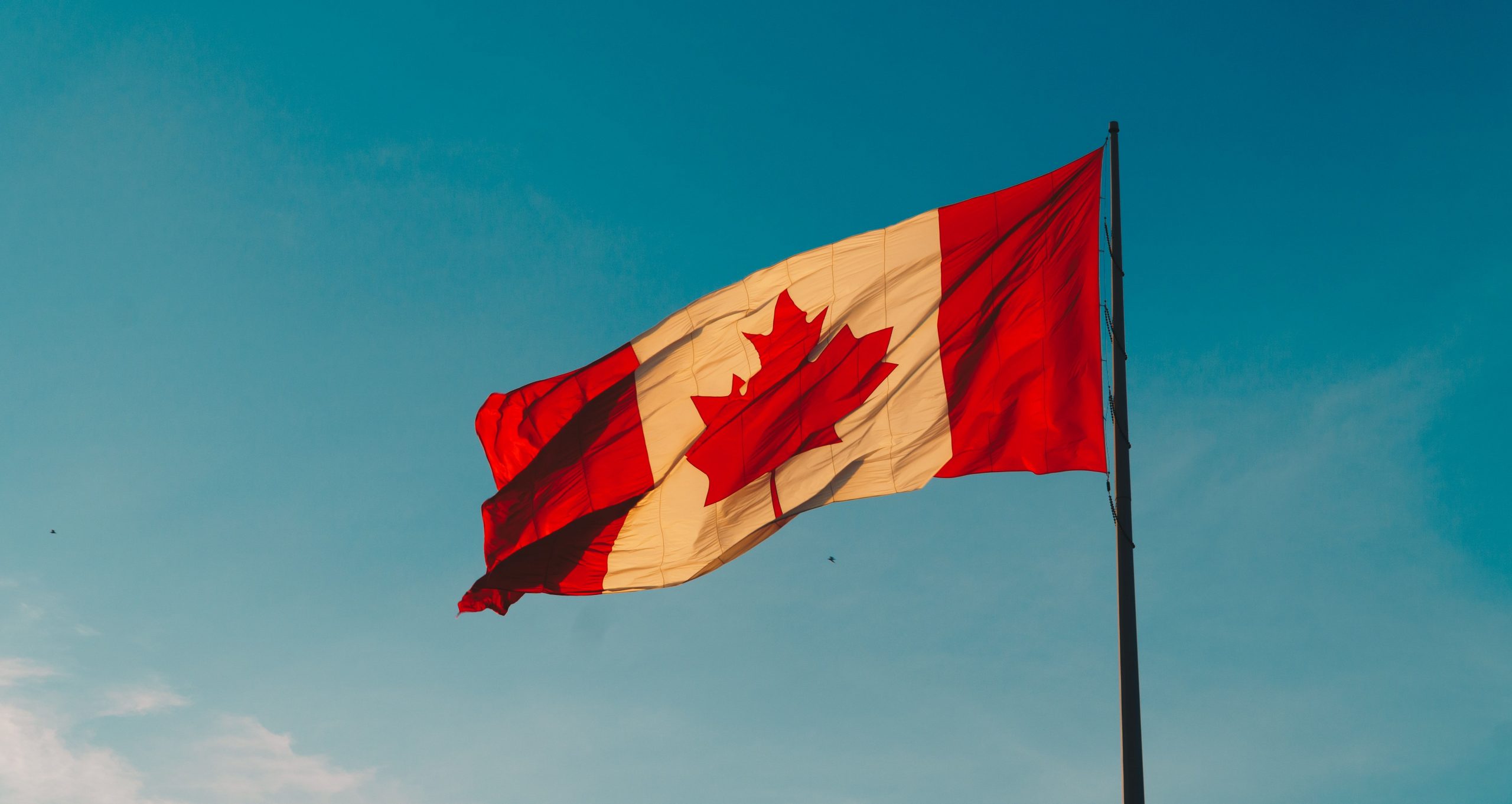Canada Day is observed on July 1 in Canada every year. The nation celebrates Canada Day, a patriotic holiday, to observe its full independence from the British. Canada Day is observed every year to pay tribute to people involved in the nation’s independence struggle.
Canada Day, previously called Dominion Day, is celebrated as the birthday of Canada.
The Canadian government, in a statement on its website, said the findings of the unmarked graves of children are “a shocking reminder of the oppression and violence perpetrated by Canada’s colonial institutions.”
“Canadians stand with Indigenous communities across the country during this time of mourning,” the government said.
Also Read | Canadian school unearths 182 unmarked graves, says local tribe
History of Canada Day
Canada, under British rule, became a “kingdom in its own right”, after the UK parliament brought the British North America Act into effect, leading to the creation of independent Canada.
Until 1867, the territories within the Dominion consisted of Canada (now Ontario and Quebec), Nova Scotia, and New Brunswick. The Constitution Act, 1867 was passed, merging the three territories into a single Dominion called Canada, within the British Empire.
Canada was officially created on July 1, 1867, and people started celebrating Canada Day on the date. However, Canada did not get independence from the British until 1982. Canada was served by the British North America Act’s constitution until 1982.
Until 1982, people celebrated Canada Day by the name of Dominion Day.
Canada Day is observed on July 1 under the Federal Holidays Act. But, if July 1 falls on a Sunday, the holiday is observed on July 2, Monday.
Canada Day has gained prominence over the years and it is celebrated with fun and festivities, as many communities host public events, including parades, carnivals, across the nation.







